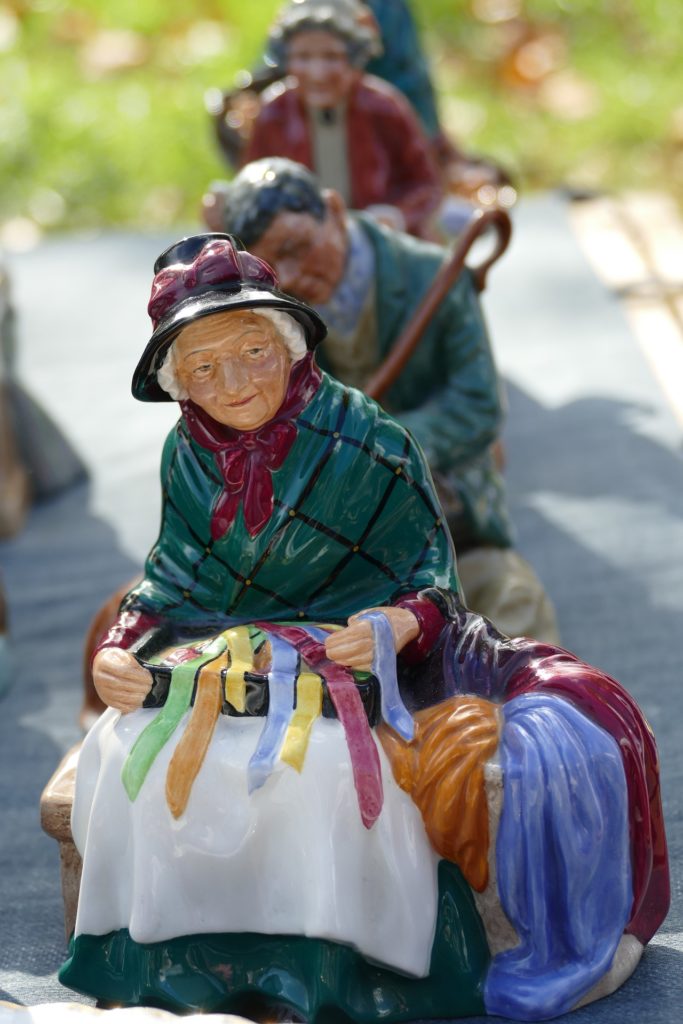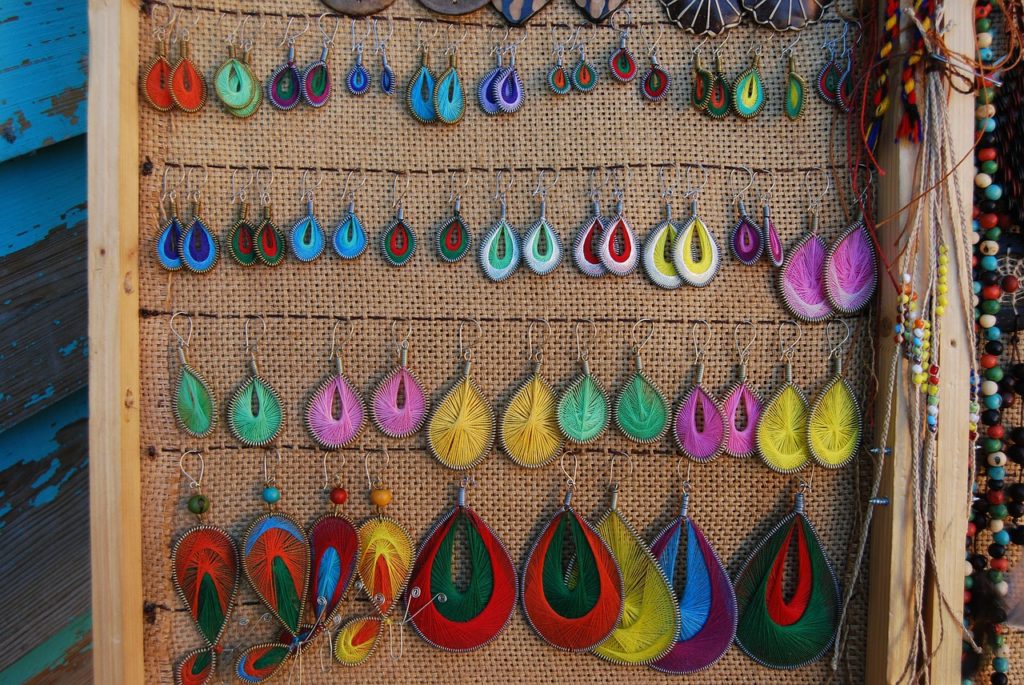Street vendors in Greece Posted by Ourania on Aug 31, 2020 in Culture, Vocabulary
Γεια σας! Do you like shopping? How often do you go to the stores when you are in Greece? Perhaps you have noticed that there are a lot of street vendors, especially in the big cities. This form of trade is not illegal, provided that the sellers possess the state documents which give them permission to sell their products. In addition, in case they sell food, they must fulfill the necessary hygienic requirements. In this post, we will see the words we use when we refer to these sellers.
Πλανόδιοι μικροπωλητές: this is a generic term referring to all the people sell goods on the street. Πλανόδιος means errant and μικροπωλητής is someone who sells low-value products. However, some sellers remain located at the same spot and have their products displayed on a stand.
ο κουλουράς / ο κουλουρτζής (η κουλουρού, η κουλουρτζού, colloquial): most people know κουλούρι (sesame bread ring) the famous Greek street-food. Ο κουλουράς sells the κουλούρια on the street. They are always kept in a container to be protected from pollution.
ο λαχειοπώλης / η λαχειοπώλισσα : lottery ticket seller (λαχείο means lottery ticket). You can find them everywhere: at the metro station, at the square or on the street.
ο καστανάς: Κάστανο means chestnut and καστανάς is a person who roast chestnuts and sells them hot. Sometimes they also sell roast corn. If you go to a πανηγύρι (Greek fair or festival) or to a soccer match, you are very likely to see them. Some of them are located at a specific spot in the city, usually at the corner of a busy street.
η καντίνα: καντίνα is a roach coach or a stall, where one can buy a βρόμικο. Βρόμικος means dirty but βρόμικο is called the hot-dog or sandwich made in a καντίνα. I don’t know why it is called βρόμικο, as there are many theories about the origin of this word. Some people believe it is called βρόμικο because it is very greasy and obviously not the healthiest street-food option.
In rural and mountainous villages, there is always a ψαράς (fisherman) passing by with his truck once in a week and also a μανάβης (green grocer).
In the big cities, there are many green grocers and florists (ανθοπώλες) who have their own stand on the street and others who put their goods in a truck and drive through the city to sell them. There are also stands with βιβλία (books) and κοσμήματα (jewelry), usually outside the metro station or at the center of the city.
If you have lived in Athens or any other Greek city, it is certain that you know what a παλιατζής does. Παλιατζής (from παλιός which means old) is a person who collects old objects that we do not use anymore. These objects can be fixed and re-sold or used for spare parts.
All these vendors make part of the Greek (urban) culture. Unfortunately, on the streets of Athens there are also children selling tissues or playing music. Child labor is prohibited in Greece and the fact that our society tolerates this, gives our culture a negative aspect.

Build vocabulary, practice pronunciation, and more with Transparent Language Online. Available anytime, anywhere, on any device.






Comments:
Marina:
Hi Ourania,
I came across you blog by chance and it is very interesting. You present information in a very clear and helpful way.
I am going to explore more but I wanted to let you know my appreciation!
Thanks
Marina
Ourania:
@Marina Thank you very much, Marina. I am glad you find the blog interesting 🙂